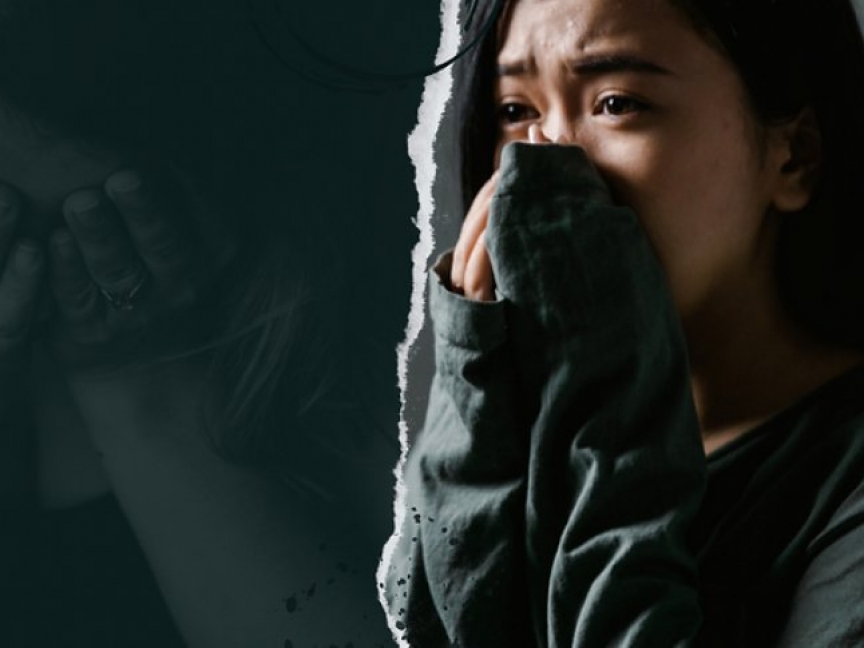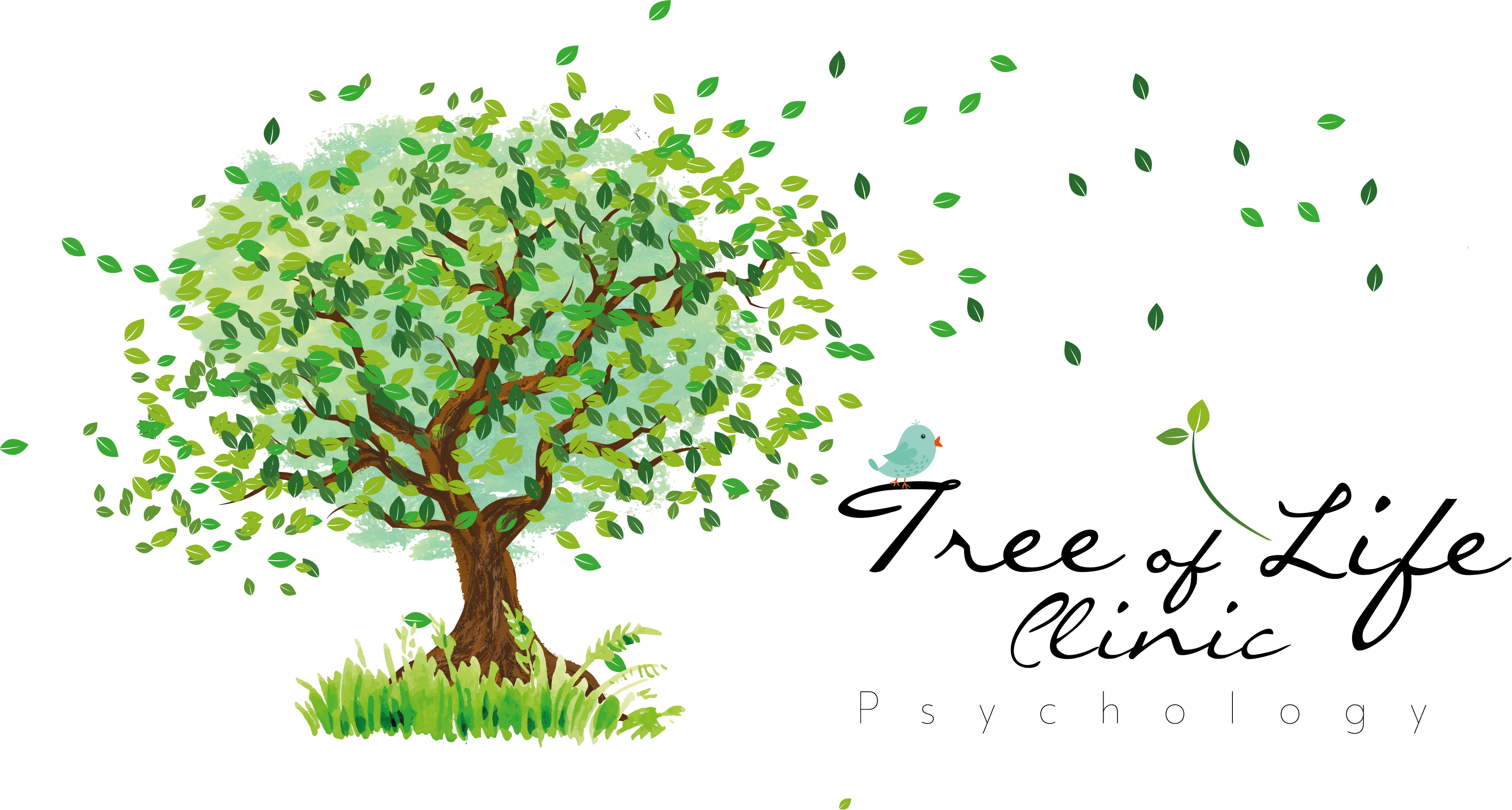Blog
Our everyday STRESS, we need to talk about it

 |
Caroene Santos Murray |
In our daily lives we are faced with many body and mind reactions that drive or paralyze us. Some are a combination of the two depending on the circumstances and how we handle them.
Stress is a natural defense reaction of the body. It occurs when our internal balance is broken, when external demands are greater or more intense than our ability to adapt.
The concept of the word stress comes from the one used in engineering in which stress means the maximum weight that a physical structure can support without collapsing.
Human beings experience stress, or perceive things as challenging and threatening, when they do not believe that their internal resources for dealing with obstacles are sufficient for what the circumstances demand. When the individual thinks that the demands placed on him exceed his ability to cope, then he perceives stress.
Stress is experienced as mental pressure due to situations or events that arise at times when we have a lot to do and think about, or we don't have much control over what happens. After this period, various feelings or other mental and physical reactions arise as a reaction to pressure.
Stress is essential for survival.
However, when this mechanism is triggered too easily or when there are many stressors at the same time, or even chronically, mental, physical and behavioral health can be impaired. This is because the body itself responds to stress by releasing hormones to help it face the challenge.
Many studies point to stress factors as positive and negative in everyday life, but it is not so much nature whether it is positive or negative, but the imbalance that it causes for that individual.
A commonplace example: The baby is born, which may have been planned by the couple, much desired, etc. but this arrival will bring a break from the routine…more responsibilities, trials and overload. This overload will happen and the person can be stressed because of the event that unbalanced their life, even if it is interpreted as something positive.
Stress reactions can be triggered by internal factors, with personal demands on oneself, others and the world, as well as external factors such as changes and trauma, for example.
There is no specific cause. However, some factors help to cause stress:
* Being under a lot of pressure and not knowing how to deal with it;
* Facing major life changes;
* Difference in values with people you live with in your personal life or at work;
* Having too many demands made without having the resources to handle them;
* Times of uncertainty;
* Dysfunctional interpersonal relationships;
* And many others
It is important to emphasize that there can be a single cause of stress, but in general, it is caused by the accumulation of small pressures.
Knowing how to deal with stress is a skill that must be learned. More and more people are looking to learn how to manage their own stress, minimizing its negative impact on physical and mental health.
It is not possible to remove stress from our life, however it is possible to manage our emotions to avoid negative stress reactions.
Many people confuse stress with anxiety or even burnout.
There is a fine line between stress and anxiety.
Both are emotional responses, but stress is usually caused by an external trigger. The trigger can be short-term, such as a job deadline, an argument in the relationship, an inability to work, being in a toxic environment or chronic illness for example.
Anxiety, on the other hand, is defined by persistent and excessive worries that do not go away even in the absence of a stressor.
Many people feel anxiety even without identifying relevant factors for it. It is to be with an accelerated mind and in a future time that is not controlled (the situation always generates stress).
Anxiety
Anxiety becomes a psychological disorder when it is so intense, frequent and long-lasting that it interferes with people's ability to deal with normal everyday situations at a personal, family, social and professional level and to satisfy their psychological and physiological needs.
“If it is not in your hands to change a situation that causes you pain, you can always choose the attitude with which you face that suffering”.
Burnout
Burnout Syndrome is a psychological disorder caused by excessive stress due to overload or overwork. The word Burnout comes from English and means “to burn to the end”. It is, therefore, a physical and mental exhaustion resulting from an exhausting and overloaded professional life, or extending to other areas of life from occupations that are exhausting and bring this exhaustion and that disables the individual to perform daily tasks such as working. or leisure.
We can say that Burnout is a complex response to prolonged or chronic professional stress.
Your reaction to the problem is what really counts...
How to gradually build bridges of cooperation and change with yourself is what will really make us control and direct our stresses and also identify what stresses us, so like the other emotional and physical issues mentioned. We need to be open to changes in many areas.
Changes are necessary . In life we are in constant change. Everything has a beginning and an end and the things that were yesterday may disappear from our present tomorrow.
Accepting this reality allows us to live the here and now with more tranquility, enjoying what we have in our hands, without worrying about losing it or not.
It is very important to learn to close stages, chapters or stories of our lives, because this is living: Changing, Renewing, Rebuilding, expanding your horizons and not staying in the so-called comfort zone longer than necessary.
We exist to generate self-awareness and responsibility for our own lives. For this, it is necessary to carry out a learning process and go through numerous situations where it is put into practice.
Taking care of yourself does not involve an egocentric attitude, quite the opposite. It means being fully aware of all our potentialities and limitations.
When experiencing the art of taking care of oneself or self-care, self-reflection is enhanced. This, in turn, leads to the awareness of emotions and the assimilation of experiences that integrate knowledge.
SEEK HELP! If you are having a hard time dealing with stress, anxiety and persistent exhaustion seek help.
It is not easy to carry suffering, anguish and sadness alone.
Look for a professional to help you with this process.
Caroene Santos Murray
Clinical Psychologist - Child and Adult 🌿
Perinatal and Parental Psychologist 🌿
|
Follow us on Instagram |
 |



